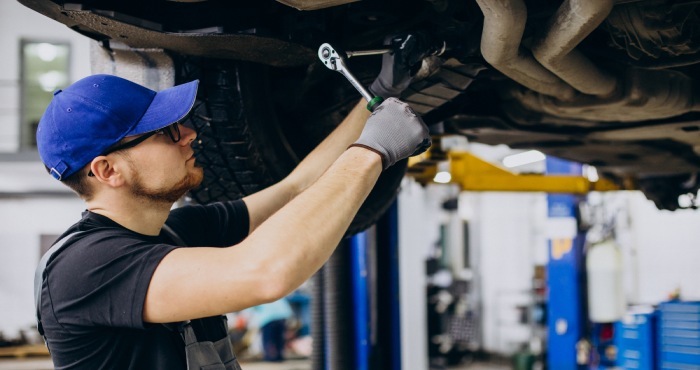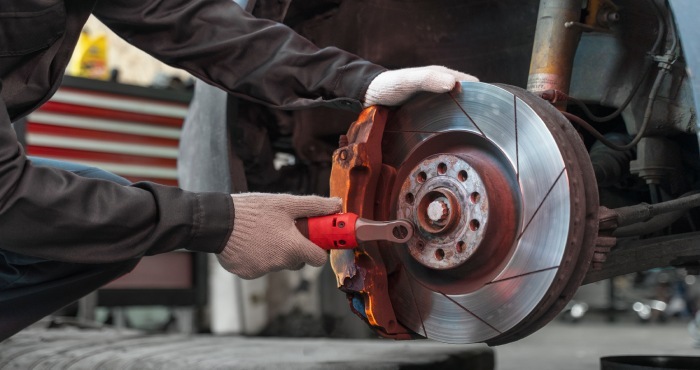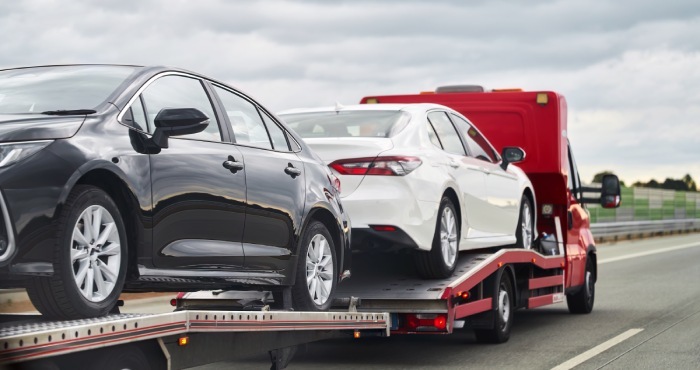For many, owning a recreational vehicle (RV) is the gateway to adventure and freedom. Whether you’re exploring California’s sun-drenched coastlines or camping under the Sierra stars, your RV is both a vehicle and a temporary home. But what happens when that dream rig turns into a rolling nightmare of mechanical issues, factory defects, and repeated repair visits? Fortunately, California’s Lemon Law may offer protection. However, RVs present unique challenges under this law. Let’s dive into how California Lemon Law applies to RVs and what steps you can take to secure your rights.
Understanding California Lemon Law
California’s Lemon Law, officially the Song-Beverly Consumer Warranty Act, protects buyers or lessees of new and used vehicles—including cars, trucks, motorcycles, and RVs—when a warranty-covered defect isn’t fixed after a reasonable number of repair attempts. While RVs are covered, the law’s application can be more complex due to their unique structure and classification.
How Lemon Law Applies to RVs
RV Components Typically Covered:
According to the California Lemon Law, the following components of RVs are generally included in coverage:
- Engine and transmission systems
- Steering and braking mechanisms
- Drive axle and suspension systems
- Electrical systems installed by the manufacturer that are related to driving
- Chassis and frame
Components Usually Excluded:
Regrettably, the residential or “coach” part of the RV—including plumbing, appliances, and furniture—may not be protected under California Lemon Law Lawyer. These elements are usually governed by different warranties from the manufacturer of the coach, and any claims for issues must be addressed separately through breach of warranty actions rather than through Lemon Law provisions.
Requirements for RV Lemon Law Protection
To qualify for California’s Lemon Law protection in Carlsbad, your RV must have a substantial defect covered by warranty that persists after a reasonable number of repair attempts, typically within 18 months or 18,000 miles.
- The RV should be bought or leased in California for personal, family, or domestic purposes.
- The original manufacturer’s warranty must still be in effect when the defect is reported.
- The defect should substantially affect the RV’s usability, value, or safety.
- The manufacturer must have made a sufficient number of attempts to fix the defect.
The definition of what constitutes a “sufficient number” of repair attempts varies based on the severity of the defect. For instance, a safety-related defect (such as brake failure) requires fewer attempts at repair compared to a less serious issue.
Common RV Defects That May Qualify
Although each situation is unique, there are several common issues that could qualify for Lemon Law protection if they aren’t properly addressed:
- Overheating or stalling engines
- Slipping or failing transmissions
- Fuel system leaks
- Brake malfunctions
- Electrical issues (such as problems with lights or dashboard systems)
- Water leaks leading to mold or damage to the structure
- Problems with slide-out or leveling systems
If you have experienced any of these problems and they persist despite numerous repair attempts, it may be time to consider your legal alternatives.
Your Lemon Law Rights as an RV Owner
- Substitute Vehicle: The manufacturer will provide a new recreational vehicle that is either identical or comparable in value and condition to the one that was defective.
- Refund (Buyback): You will receive a refund for the original purchase price, adjusted by a usage fee that reflects the distance driven prior to the initial repair attempt.
Additionally, you may be eligible for reimbursement for:
- Towing charges
- Repair costs
- Registration expenses
- Costs for rental vehicles needed during the repair process
Crucially, according to California law, if you prevail in your claim, the manufacturer is responsible for covering your attorney fees and legal expenses. This provision facilitates consumers in seeking justice without incurring upfront legal costs.
Challenges in RV Lemon Law Cases
Lemon Law cases involving RVs can be more complicated than standard auto claims. Here’s why:
- Various manufacturers: The chassis could be produced by one brand (such as Ford or Mercedes-Benz), while the body may be constructed by a different manufacturer (like Winnebago, Forest River, or Thor). Problems arising in one section might not be included under the same warranty or protections offered by Lemon Laws.
- Distinct warranty durations: The warranty for the engine could exceed that of the living space, leading to potential misunderstandings regarding the extent of coverage.
- Evidence of significant impairment: Certain problems, such as annoying rattles or doors that won’t open properly, might not qualify as impairing the vehicle’s usability, value, or safety.
This complexity is why many RV owners find it advantageous to enlist the help of knowledgeable California Lemon Law attorneys who specialize in motorhomes and travel trailers.
Why You Need Expert Legal Help
Claims under the RV Lemon Law typically require a combination of legal tactics, technical knowledge, and negotiations with major manufacturers. A seasoned Lemon Law attorney will:
- Examine your warranty paperwork
- Collect service history and reports of defects
- Assess liability between the chassis and coach producers
- Advocate strongly for either a buyback or a replacement
- Safeguard your legal rights thoroughly
Additionally, as previously mentioned, California legislation mandates that the manufacturer must pay your attorney fees if your claim is successful. This allows you to secure professional legal assistance without incurring personal expenses.
Steps to Take if You Suspect Your RV is a Lemon
Maintain thorough documentation: Retain every service order, receipt, and any communication with dealers or manufacturers.
- Document repair efforts: Record the dates, problems encountered, and results of each repair attempt.
- Reach out to the manufacturer: Inform them in writing about any defects that remain unresolved.
- Seek advice from a Lemon Law lawyer: A free consultation can provide insights into whether you have a legitimate claim.
Taking prompt action will enhance the strength of your case.
Owning an RV should be a source of joy and freedom, not frustration and stress. California’s Lemon Law provides a safety net for RV owners burdened with defective vehicles, but navigating it requires understanding the distinctions between vehicle and coach components, warranty timelines, and your legal rights. For expert assistance, consult San Diego Lemon Law lawyers.
If you suspect your RV might be a lemon, don’t let the complexity discourage you. With the right records and expert legal assistance, you can protect your investment and get back on the road—worry-free.





